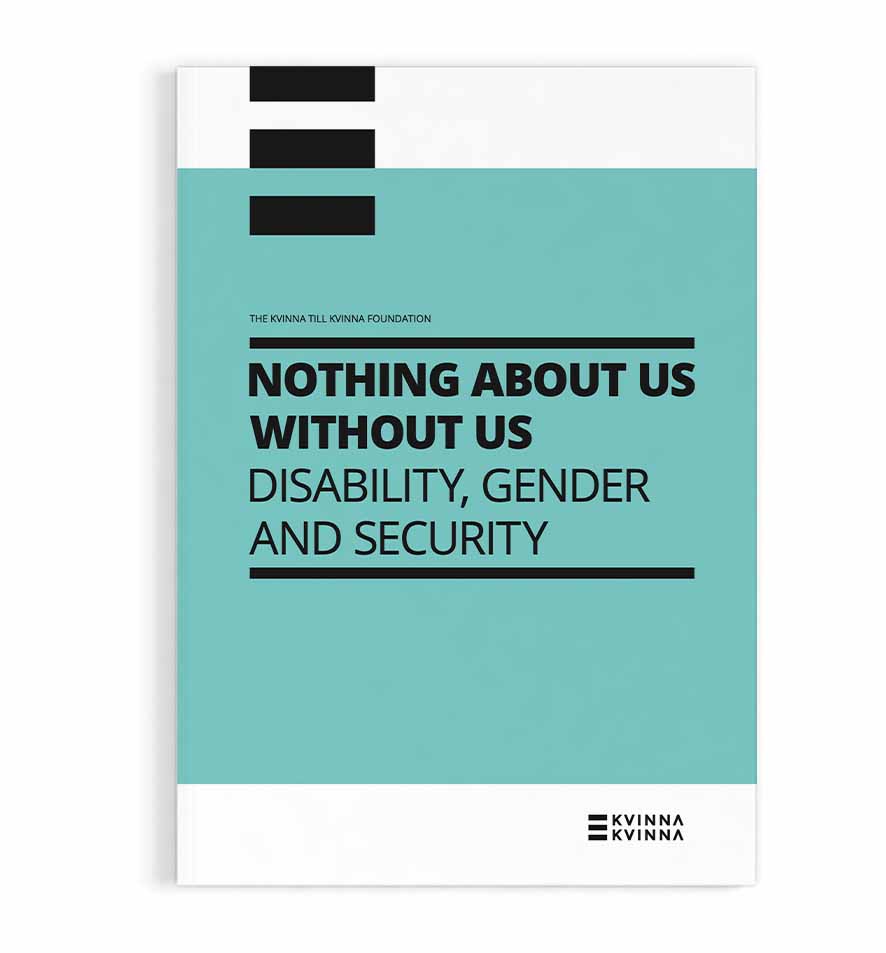Women and girls with disabilities are often left out of the Women, Peace and Security (WPS) framework in South Caucasus and Eastern Europe. They face distinct challenges during conflict and recovery but remain underrepresented in peacebuilding and humanitarian planning.
With input from partner organisations, Kvinna till Kvinna has looked into what is needed to secure meaningful representation to ensure women and girls with disabilities are not left behind.
